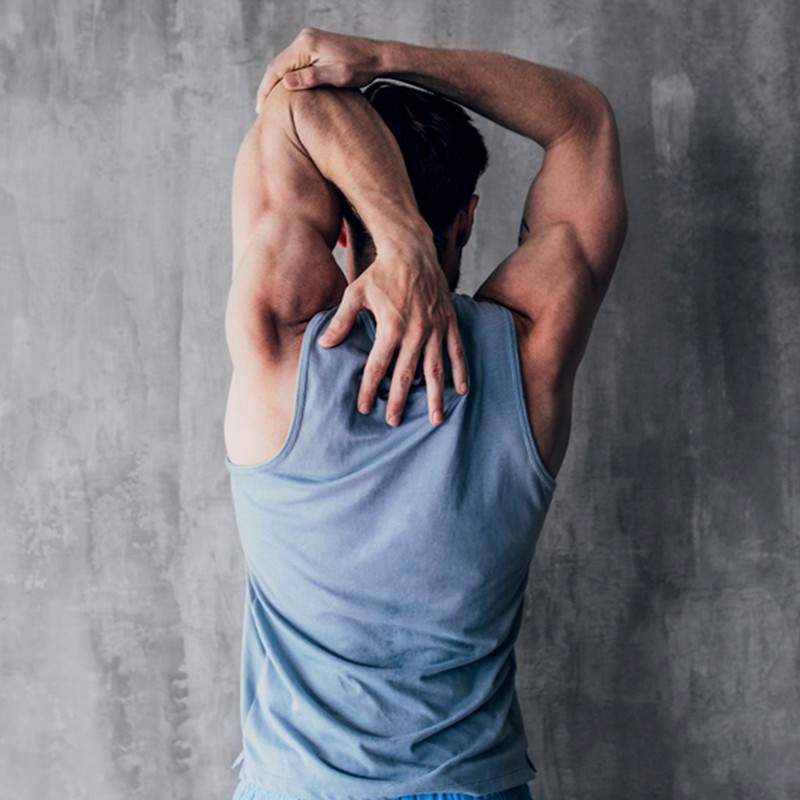My Life In Fitness: David Higgins
We’ve become a nation of office athletes. By this, I mean our bodies have become honed for sitting. Having a desk job can mean you sit for eight hours at work before going home to collapse on the sofa. The way we use our bodies has drifted a long way from how they were designed to be used. We sit far too much and stand far too little. Whether you’re running a marathon or sitting in an office, your body learns by repetition and will find the most efficient way to hold itself in order to use the minimum amount of energy. Sitting down all day causes you to have tight hips, a weak core, tight pecs, a tight neck and rounded shoulders.
I discovered Pilates after an injury when I was 19. As a teenager in Australia, I played Aussie rules football at state level for Victoria. I also went to Victoria University in Melbourne to study exercise rehabilitation, and I trained six days a week. But when I was 19, I was injured after an illegal tackle, and dislocated my shoulder and tore my ribs from my sternum. Doctors told me I was no longer allowed to play contact sport. I couldn’t get out of bed for six months and it was the first time I learned how debilitating pain can be. Fortunately, my studies gave me the drive to rehabilitate myself. I learned Pilates on the reformer – a piece of exercise equipment that resembles a torture rack and is resistance based. Even now, if I don’t do certain exercises, my neck and back start to seize up.
To this day, I follow a strict foam-rolling routine. As a dad of three young kids and being further away from 25 than I care to admit, my body prep before I work out is the most important part of my session. I foam roll for 15 minutes before I start a workout. One of the most common mistakes guys make when foam rolling is not sticking with the pain. Think of foam rolling as a treasure hunt – search for the pain, isolate and contract the muscle where you find a trigger point, hold that contraction for three deep breaths and then release. Do this a few times on the same spot and then move on. Mobility may sound boring, but it physically activates and protects the body, and means you can exercise again tomorrow, and the next day, and the next day – this is the key to long-term success.
/https%3A%2F%2Fslman.com%2Fsites%2Fslman%2Ffiles%2Farticles%2F2022%2F02%2Fhealthrullesnew.png?itok=DYwD9pJM)
Keep things varied. I lift weights two to three days a week, do Pilates a couple of times and maybe do a kettlebell workout. If you’re strength training, always count your reps, note them down, and try to beat your score on the next round. I love my Peloton too, and can’t get enough of the location rides. I use Peloton as a form of active meditation.
Running isn’t everything. Don’t get me wrong, I love an outdoor run, but as an Aussie, the winter months here in the UK can be unforgiving and so as a compromise, I use the Peloton when I need to clear my head. And, as a great way to build fitness, don’t underestimate the impact of lifting weights.
My workout is the first thing that goes in the diary. Everything else fits around it. This wasn’t always the case. A few years ago, I realised that when I worked out regularly, my mental state was better. I got more done and could think more clearly. It can be tricky to have such strict rules, but I know that if I don’t exercise, everyone around me suffers.
I’m a tech junkie. I can’t be without my Sunlighten UK InfraRed Sauna, Normatec Compression Boots, Hyperice Vibrating Foam Roller and Triggerpoint Ball, Ōura Ring, Theragun and Pso-Rite, a clever self-massage tool designed to release tightness in your psoas muscle. The psoas is an under-recognised muscle – as part of the hip flexor it’s integral to how your body moves. I’m a firm believer that recovery is just as important as the workout itself.
Staying mindful helps. To me, healthy means feeling strong both mentally and physically. I don’t meditate but perform conscious breathwork every day for ten minutes, which keeps anxieties at bay. This mindful approach to exercise is also integral to the approach at Movementum, the studio I recently launched. Movementum is the first brand to focus entirely on movement health – and the mind plays into this, too.
Don’t discount the importance of nutrition. I keep to an intermittent fasting schedule of 16:8, which means I fast from 8pm to 12pm the following day and eat between 12pm and 8pm. I find that if I eat all day, I suffer from a serious afternoon energy crash, so breakfast is just a black americano. I take Kalla probiotics daily – it comes in a powder so you can sprinkle it on meals and snacks. I also take Wild Nutrition’s B Complex Plus and Vegan Protein powder, which are great for promoting strength and energy during exercise. Amino Man also does great supplements – I take creatine and plant-based protein for a ten-week cycle when I want to bulk up.
These days, I hate a hangover. I have a self-imposed rule of two drinks, no more. I can get away with two drinks, but not three. A couple of good whiskies on the rocks gives me a nice buzz, without destroying me the next day.
Shop David's Hero Products
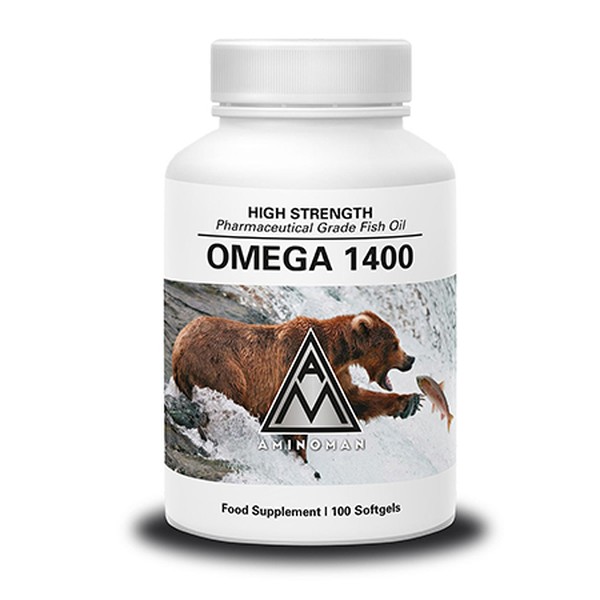
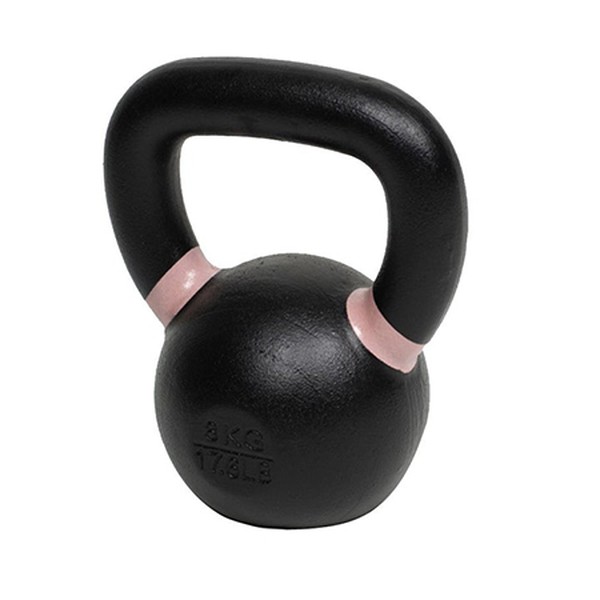
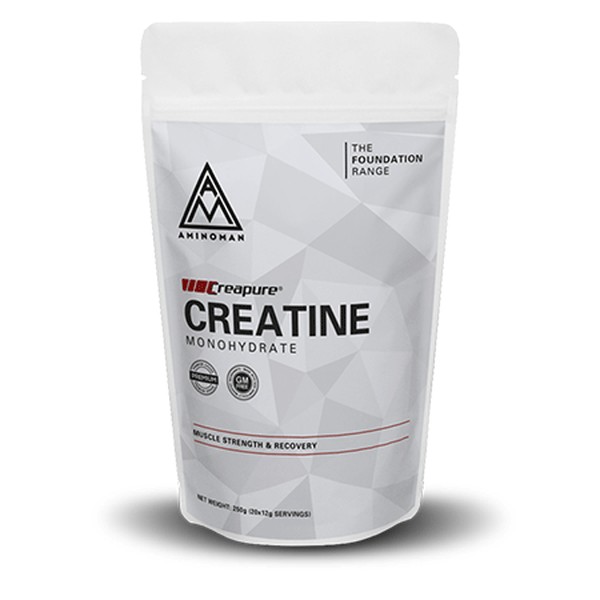
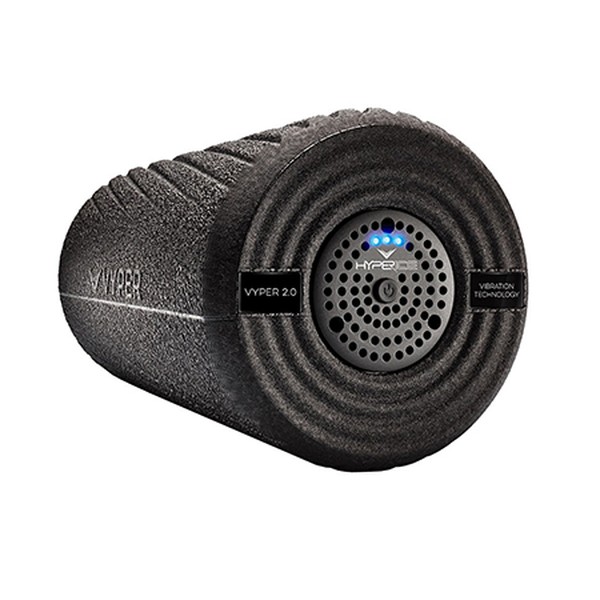
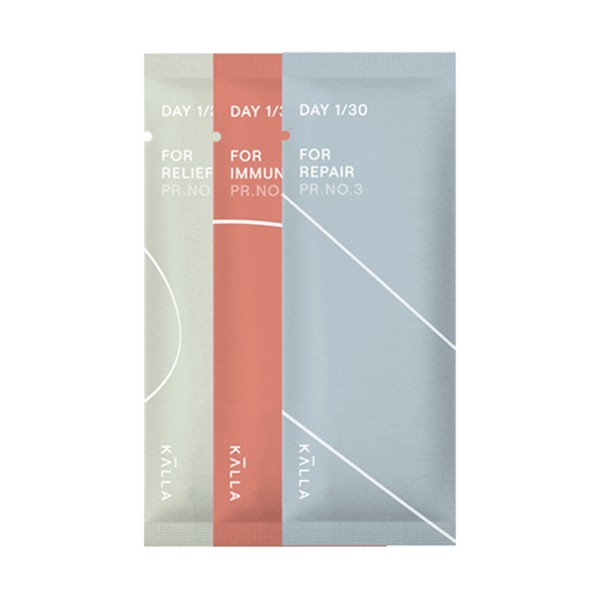
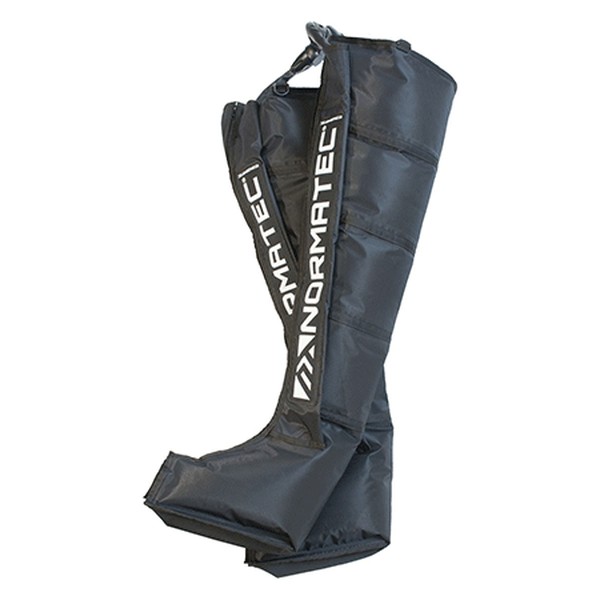
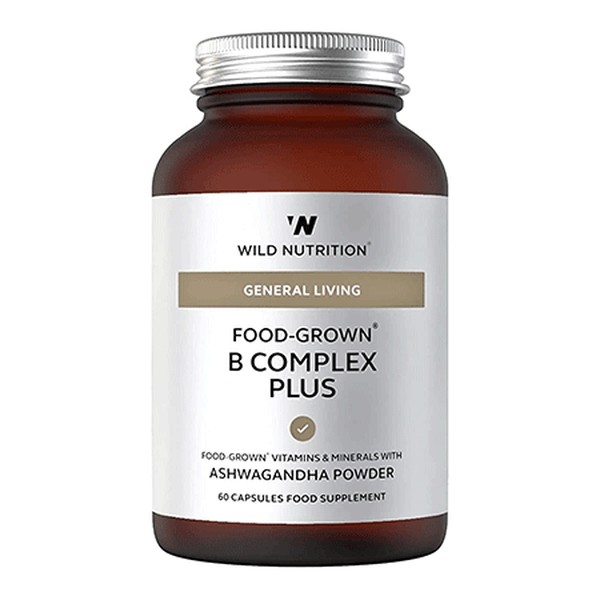
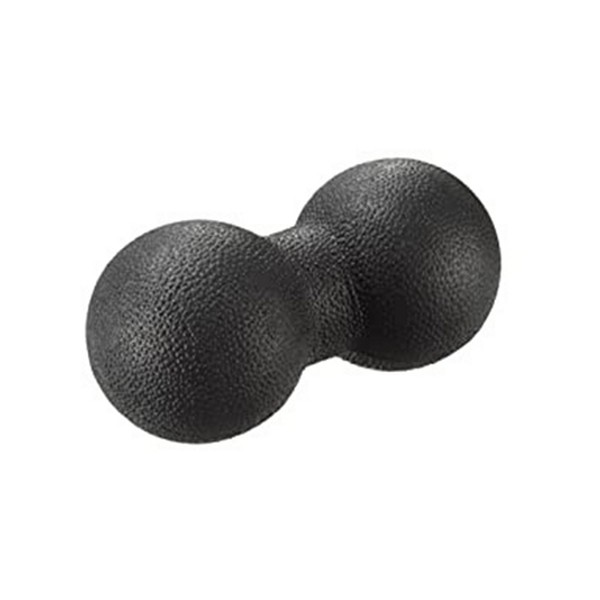
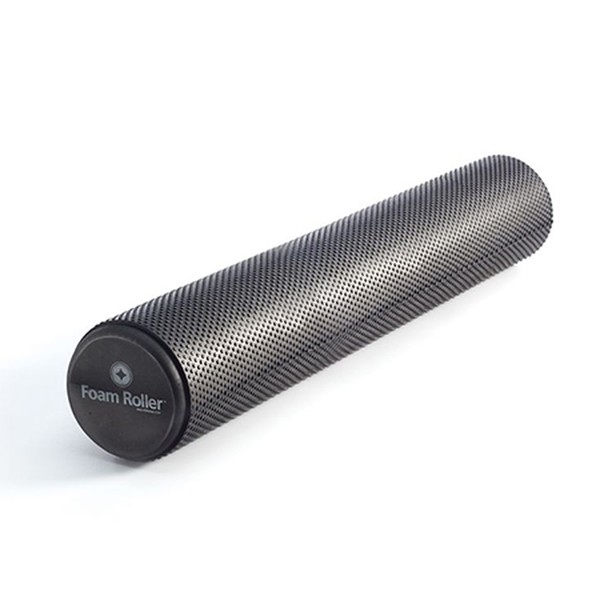
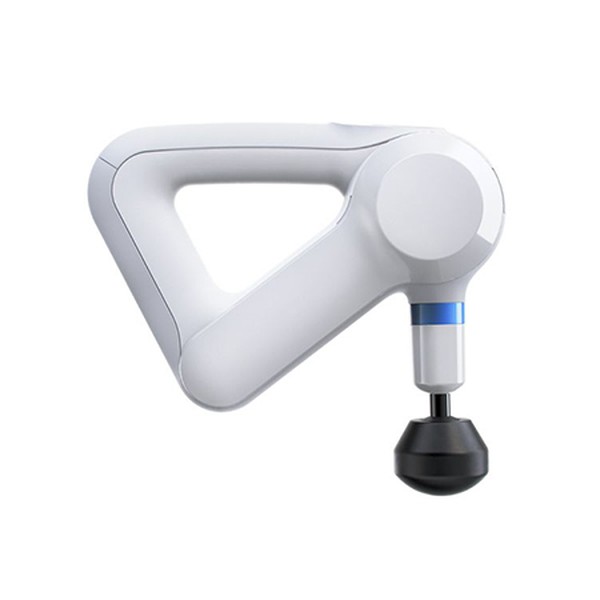
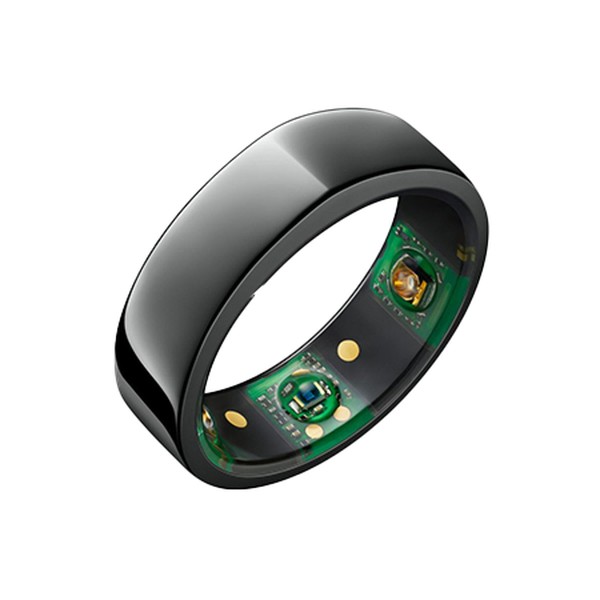
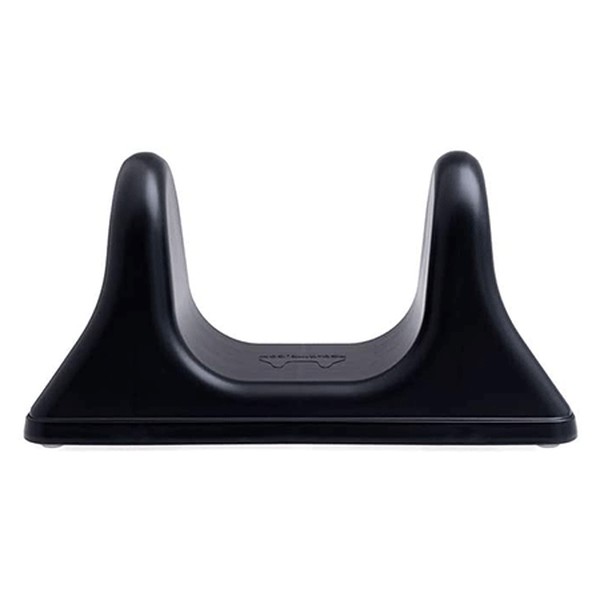
You can find David at Movementum at The Mandarin Oriental Spa. Visit MovementumUK.com and DavidHigginsLondon.com for more, and follow David @DavidHigginsLondon.
DISCLAIMER: Features published by SLMan are not intended to treat, diagnose, cure or prevent any disease. Always seek the advice of your GP or another qualified healthcare provider for any questions you have regarding a medical condition, and before undertaking any diet, exercise or other health-related programme.
All products on this page have been selected by our editorial team, however we may make commission on some products.
DISCLAIMER: We endeavour to always credit the correct original source of every image we use. If you think a credit may be incorrect, please contact us at [email protected].
